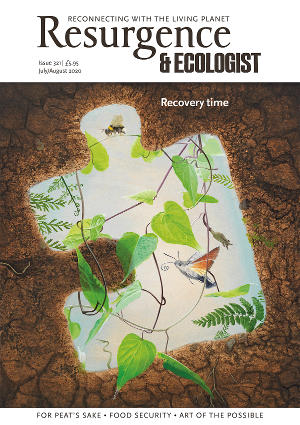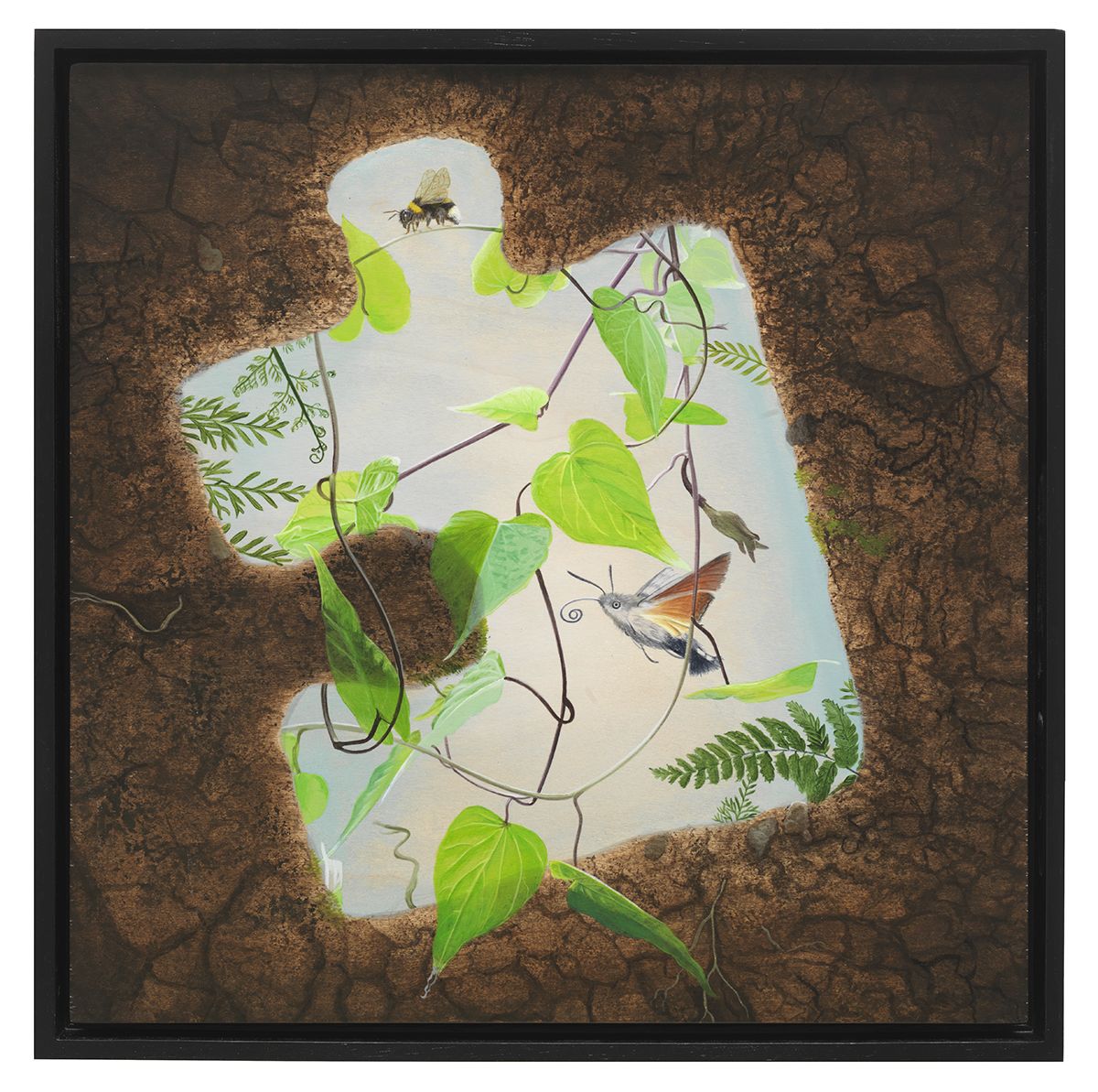Over a month into lockdown, a video emerged on social media of a deer wandering past a Rolex shop on a once-busy street in central Glasgow. Amid the flurry of jokes about the shop’s wares being ‘dear’ and costing a lot of ‘doe’, the sight also sparked expressions of wonder and delight. They were not alone. From raccoons in Panama to boars in Barcelona, during the coronavirus crisis wild animals across the world have been crossing the divide that we humans have constructed between ourselves and the rest of Nature.
With ‘normality’ on pause for many over the last few months, we have had a chance to re-evaluate the systems that underpin our everyday lives: social, economic, political and ecological. It has led many to ask what kinds of sacrifice we are willing to make on the altar of economic growth. Do we really want to return to ‘business as usual’, on a trajectory towards terminal destruction?
With a backdrop of climate and environmental disaster, there is no lack of urgency to change our ways, and fast. However, as Daniel Christian Wahl proposes in our Keynotes article, we will have to “sit in the mess for a while” as we consider the path we need to take. “Beyond simply changing what we do and how we do it, this transformative decade will be about changing how we are – as a change in being, not just in doing,” he writes.
Our road beyond crisis has to encompass a transformation in our food system from separation, greed and disease to the age of Gaia, Vandana Shiva writes in our Ecologist section. Change is already happening. Laurie King takes us to the Shetland Islands in the UK, where, faced with a harsh climate and heavy reliance on imports, organic farmers are growing ways to become more self-sufficient.
In Arts, Heather Ackroyd speaks to artists about how to change the culture of culture to meet the challenges of the climate emergency. In Wisdom & Wellbeing, psychologist Steffi Bednarek encourages us to embrace our fears for the sake of our mental health, and Anne Stobart shares tips on growing medicinal herbs.
When laying a path, we have to appreciate the ground beneath. That’s why in our Undercurrents section we explore the theme of peat: its value for biodiversity, carbon storage and human history. Here at the crossroads, we need to heal the artery between ourselves and the rest of the living planet, and that means readjusting our view of Nature. As Sarah Proctor from the Peatlands Association writes, we need to “change unknown desolate landscapes into familiar, appreciated habitats”.
With a little help from some deer friends, maybe, together, we can do it.








